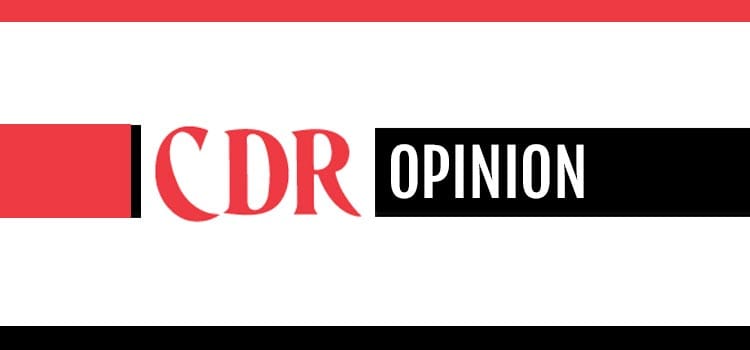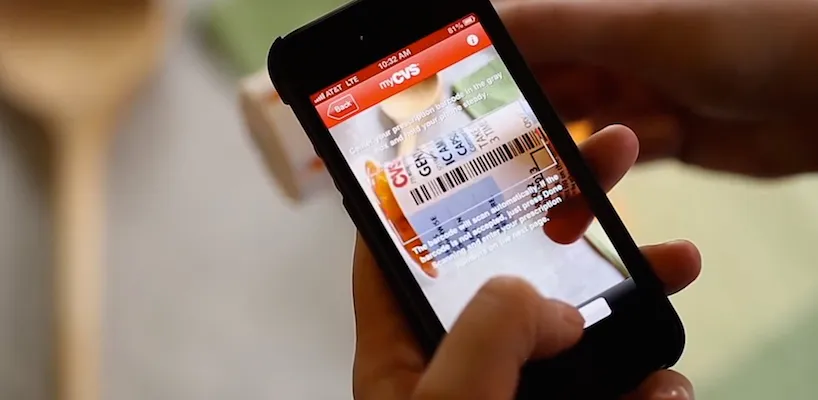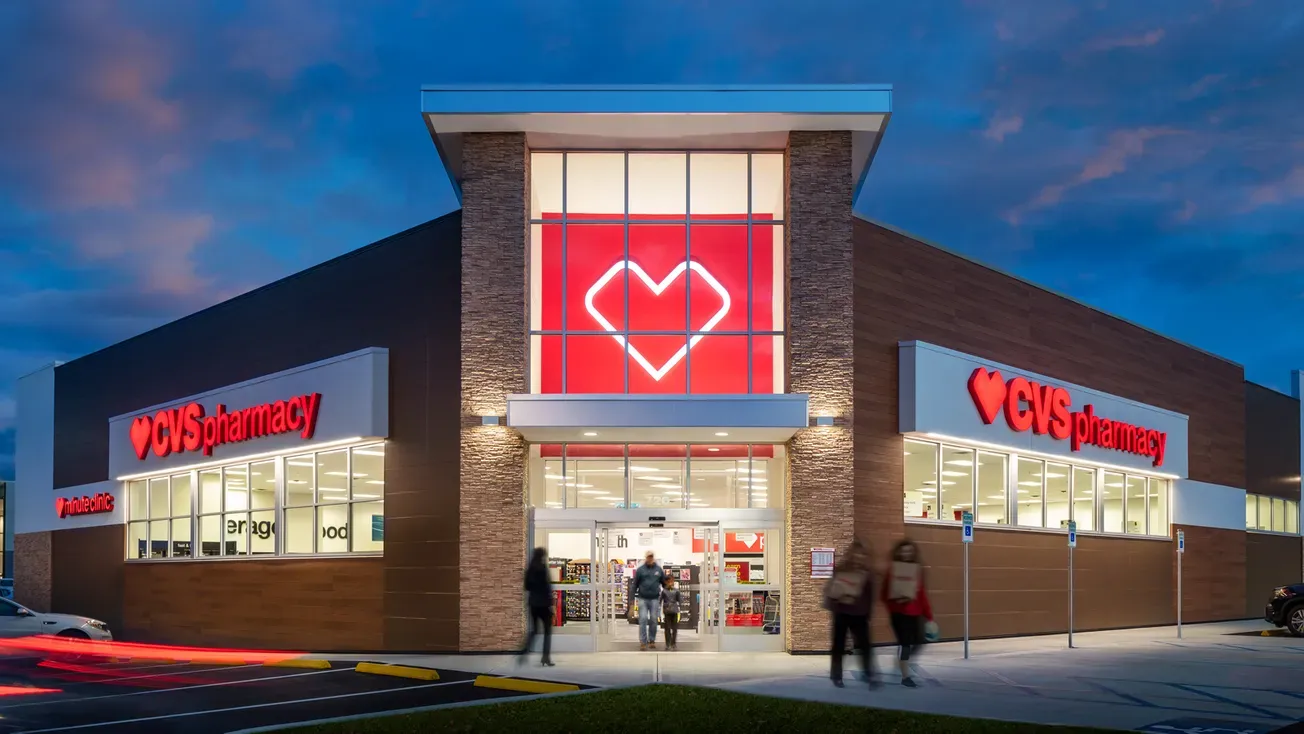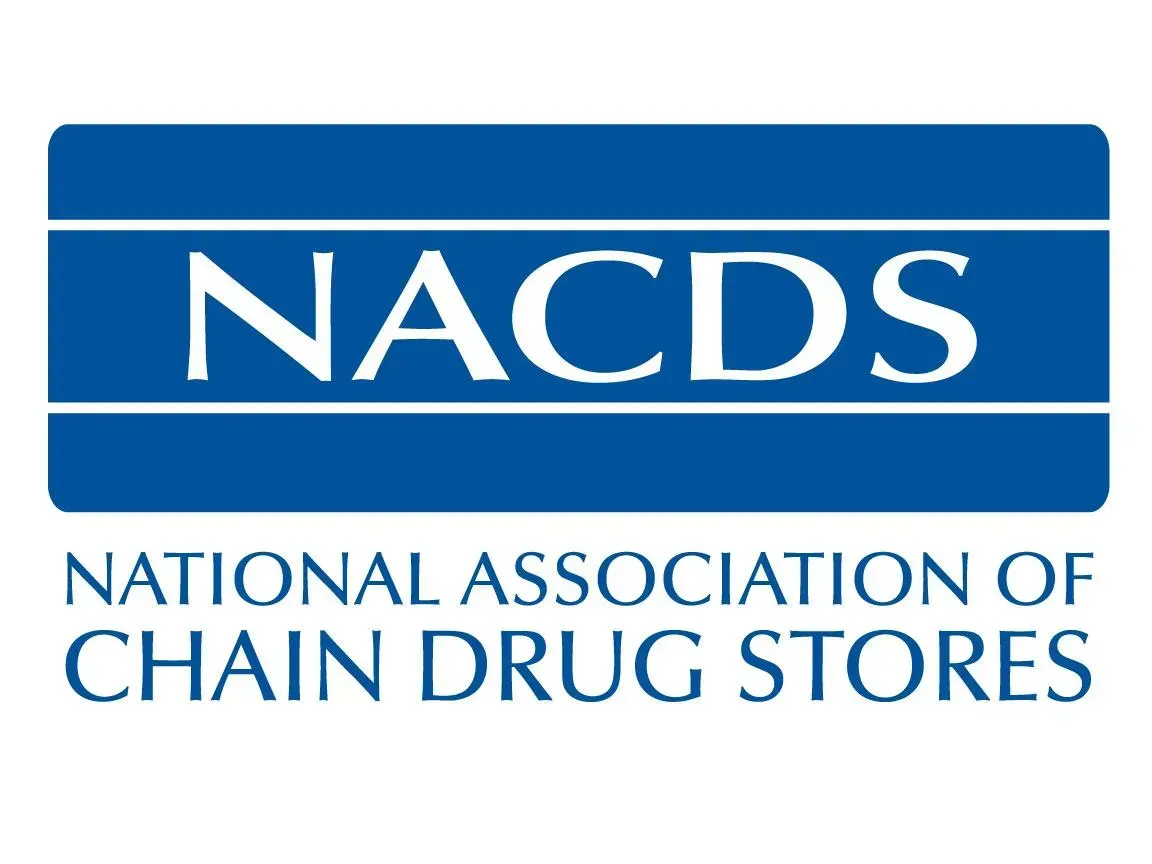Drug stores are an integral part of daily life for many consumers, who embrace them as a one-stop shop to pick up essentials, grab a snack and refill a prescription on the go.

Anne Marie Stephen, KWOLIA
Even as the drug store channel has consolidated in recent years, these retailers have not been slack in coming up with ways to foster loyalty with their customer base, innovating in the digital arena and developing and delivering health care tools that will engage patients and improve outcomes. Technology and innovation are good for the health of the business and the customer.
CVS’ innovation startup
CVS Health has been recognized repeatedly for innovation, landing on Fortune’s annual Most Admired Companies list at No. 27 as well as being honored with the No. 3 spot on Fast Company’s Most Innovative Companies ranking.
Last summer CVS opened a Boston-based Digital Innovation Lab that is working in tandem with the company’s digital team at the Rhode Island headquarters. The lab embodies many traditions of the fast-paced start-up culture, focusing on rapid speed to market and looking for ways to amplify digital innovations enterprisewide.
Aiming to advance digital health, the lab is prioritizing digital therapeutic tools, multichannel commerce and connected health opportunities, as well as efforts in mobile and personalization.
Among the lab’s planned initiatives: apps that transform customers’ phones into remote diagnostic tools as well as a beacon pilot in stores that will push out pharmacy reminders to users’ phones.

Nearly 70% of American adults own a smartphone, according to Pew Research Center data, and recent years have seen a major push to deliver helpful health tools on these ever-present devices to encourage patients to take an ownership stake in their well-being.
Walgreens takes on telehealth, EMV
For its part, Walgreens expanded its partnership last fall with MDLIVE, now offering the telehealth program in its mobile app in a total of 25 states. App users have round-the-clock access to MDLIVE’s network of board-certified physicians. Previously customers had to open an MDLIVE app separately, disrupting the user experience.
The retailer also debuted its Walgreens Connect app for Android and iOS, which enables Walgreens Balance Rewards members who own a Well at Walgreens-connected premium-brand blood glucose meter or blood pressure wrist monitor to earn points simply by taking their measurements daily. This app instructs the user on how to select the device to pair, connect to that device, sync their data and earn Balance Rewards points in three simple steps. The data is captured and sent to the cloud using Qualcomm Life’s 2net Platform and 2net Mobile solutions. Users can earn rewards of 20 points per day apiece for taking a blood pressure measurement and for logging blood glucose measurements.
Though there’s great concern over data privacy, and health information privacy more so, rewarding patients for adhering to their health care mandates may help to advance their interest in maintaining and improving their health outcomes — and provides a tangible and attractive benefit (point) that could lower their out-of-pocket health care costs.
Drug stores are eagerly embracing new developments that encourage tighter, more loyal customer relationships. Walgreens integrated its Balance Rewards loyalty program with Apple Pay last fall, meaning that participating customers can use their rewards account without scanning their physical rewards card or barcode. The Apple Pay integration is compatible with iOS 9 and works with iPhones as well as the Apple Watch.
Walgreens ensured it was poised to meet the EMV (Europay, Mastercard, Visa) liability shift that took effect on October 1, 2015, which stipulates that retailers without the appropriate upgraded point-of-sale equipment in place are liable for fraudulent transactions in certain cases. (Previously, card issuers were the ones on the hook.)
As of early February, about 22% of retailers supported the new EMV standards, according to a Boston Retail Partners report. By staying ahead of the curve, Walgreens gives its shoppers a bit more peace of mind when it comes to using their new chip-and-PIN cards.
Rite Aid rolls out beacons, sounds call for innovation
Rite Aid overtook Macy’s as the retailer with the largest beacon deployment to date when it announced in January that it had deployed the Bluetooth-connected devices throughout its more than 4,500 stores nationwide. To execute the installation, the chain partnered with mobile shopper marketing firm inMarket, leveraging its network of publishing powerhouses such as Condé Nast and Gannett and the popular apps they publish, including Epicurious and Coupon Sherpa.
Rite Aid can now communicate in-store with inMarket’s 42 million users in addition to its own app users, pushing out timely messages, offers and notifications to shoppers as they browse the aisles.
Appealing directly to its base, Rite Aid’s inaugural Innovation Challenge fielded more than 700 submissions from both employees and customers. Each entry was vetted in an eight-step evaluation by Edison Nation Medical, which is manufacturing the winning idea, a tri-tip walking cane that will be sold in stores and online later this year.
The Innovation Challenge demonstrates how Rite Aid, which is in the process of being acquired by Walgreens Boots Alliance Inc., listens to its customers and takes concrete action to transform an idea into a real-life product that not only can benefit customers but also can pad the bottom line.
Drug store chains rely on technology and innovation to deliver on their customers’ expectations and address their evolving health care needs. Through continuous improvement and trial-by-error experimentation, today’s leading drug stores are creating experiences that engage, inform and influence customers and build a healthier future.
Anne Marie Stephen is founder and chief executive officer of KWOLIA. She can be contacted at annemarie@kwolia.com.









